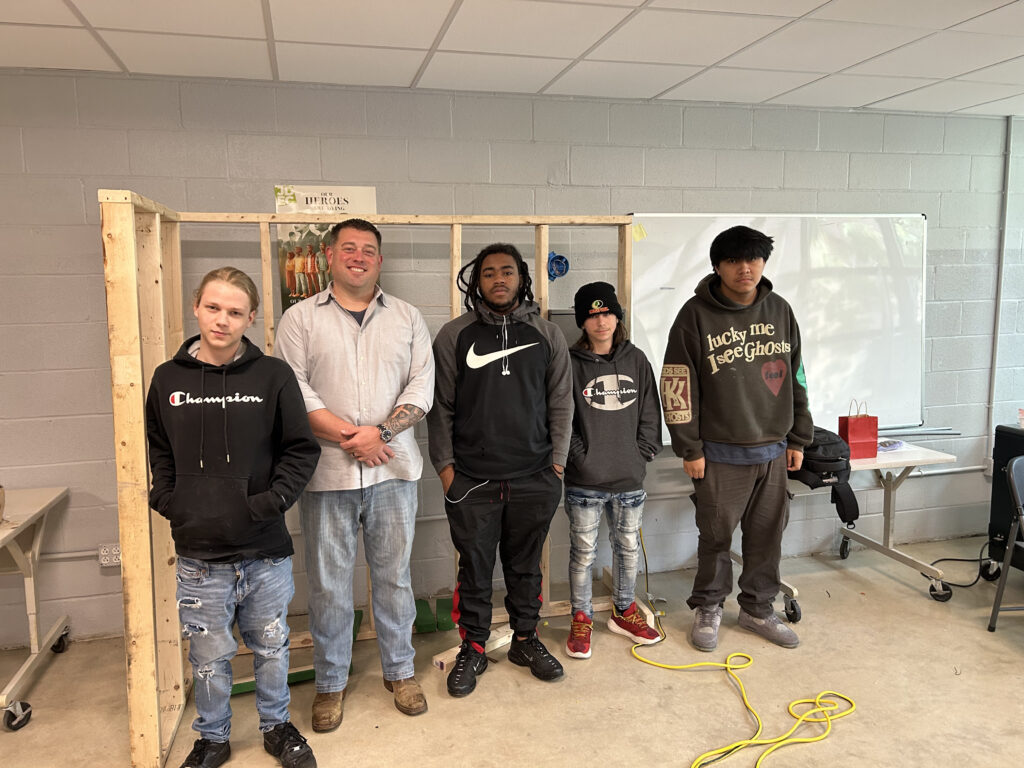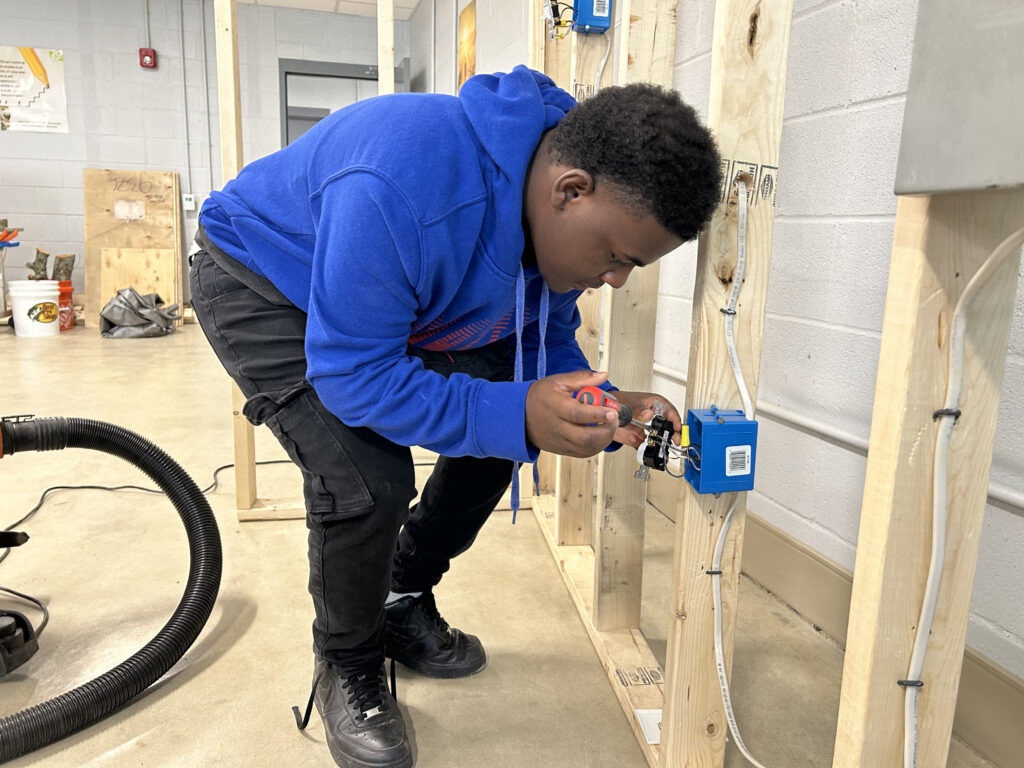About Us
Jim Todd, a young prosecutor in the Davidson County District Attorney’s office, was named special prosecutor for violent and gang related juvenile offenders. In this role, Todd had the unenviable task of prosecuting juvenile offenders in the adult criminal justice system.
Repeatedly, Jim saw the same sad story. At-risk juveniles, primarily from disadvantaged families, turned to selling narcotics as a way to make money. Often used by more sophisticated traffickers, juveniles worked the street and were often arrested. Once arrested, the juvenile justice system and criminal justice system did nothing to help these at-risk teens find a meaningful way to make a decent living. Often shackled with a felony conviction and limited to low-paying low-skilled employment, youth and at-risk teenagers often returned to the only means they knew to make a livable wage, selling narcotics.
In the 1990s, Jim Todd was serving on the board of Nashville’s Urban League. During that time, he was frustrated, and he lamented to his colleague and president of the Urban League, Frank Abernathy, about the trajectory of adolescents’ lives once they have been convicted in juvenile court. Both discussed a need to provide meaningful training in an effort to break the cycle of crime and recidivism. The idea was to establish vocational training for at-risk youth in the areas of carpentry, masonry, electrical, welding, and plumbing. Unfortunately, the idea remained just that – an idea.
In 2005, Jim Todd left the District Attorney’s office along with fellow prosecutor, Katie Hagan, and went into private practice. For the next seventeen years, Katie and Jim represented defendants in both state and federal court. Their background in criminal defense further illustrated the need for a vocational center. Defendants would be arrested for small drug related offenses and receive probation. They would be told to seek employment. Unfortunately, the only opportunities available were typically minimum wage jobs. When faced with the reality of making two hundred and fifty dollars a week in a new job or making five hundred dollars a day selling drugs, defendants chose the latter.
The cycle for defendants would continue. Upon a second arrest, defendants would receive jail time and then be placed on probation. Now saddled with a felony conviction, any employment was more difficult, if not impossible. Returning to drug trafficking, defendants would be arrested again and often sent to the Department of Corrections. Once paroled, the cycle would continue.
Eventually, upon re-arrest and now with a substantial record, defendants would be facing significant time within the federal system. The revolving door, combined with the use of weapons and violence to protect their drug trade, often meant that an at-risk teenager who began selling drugs to make money, was often dead or facing decades in prison by their 30th birthday.
In 2021, serendipitously, Jim Todd ran into his old colleague, Frank Abernathy, at the courthouse. Frank and Jim, along with Katie Hagan, rekindled their idea of creating a vocational center for at-risk juveniles. The three started meeting to discuss plans, but made little progress in getting the project off the ground. Frustrated with their lack of progress, the three brought in longtime friend and native Nashvillian, Deb Varallo.


